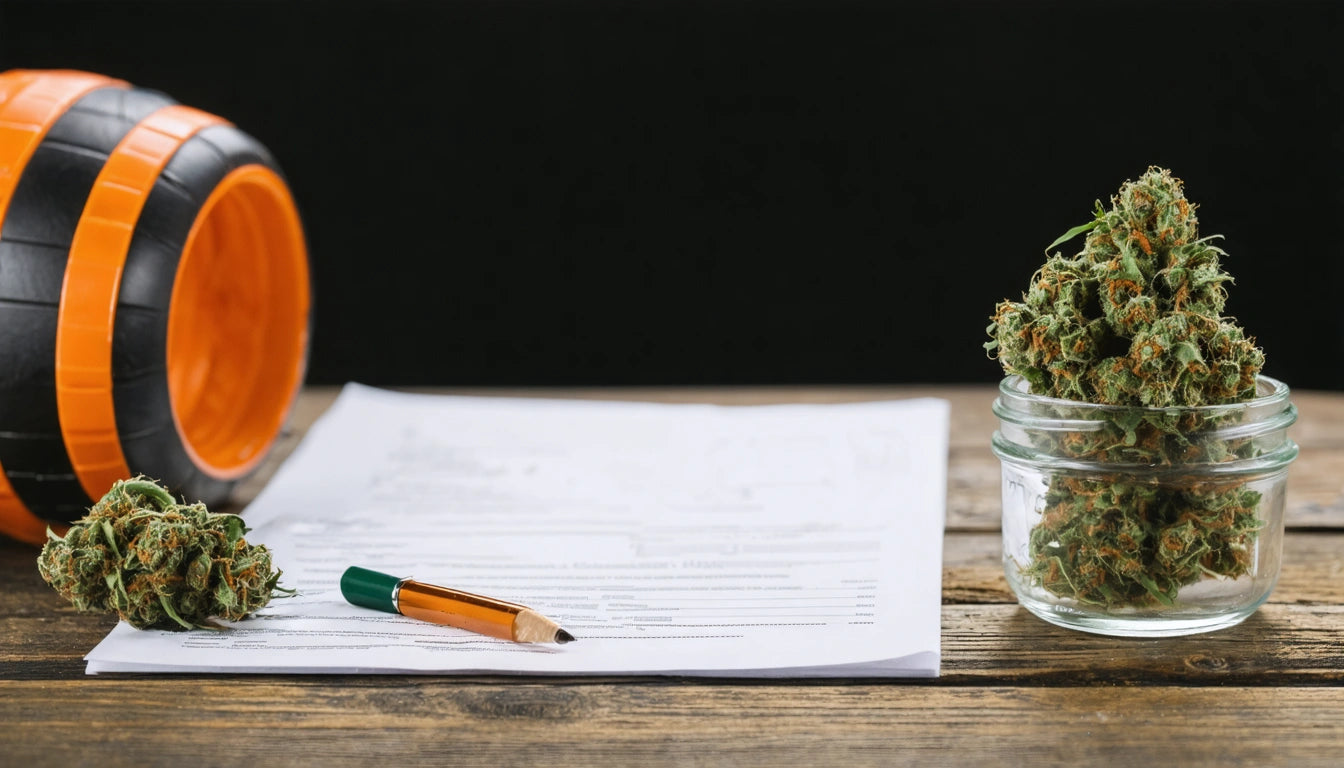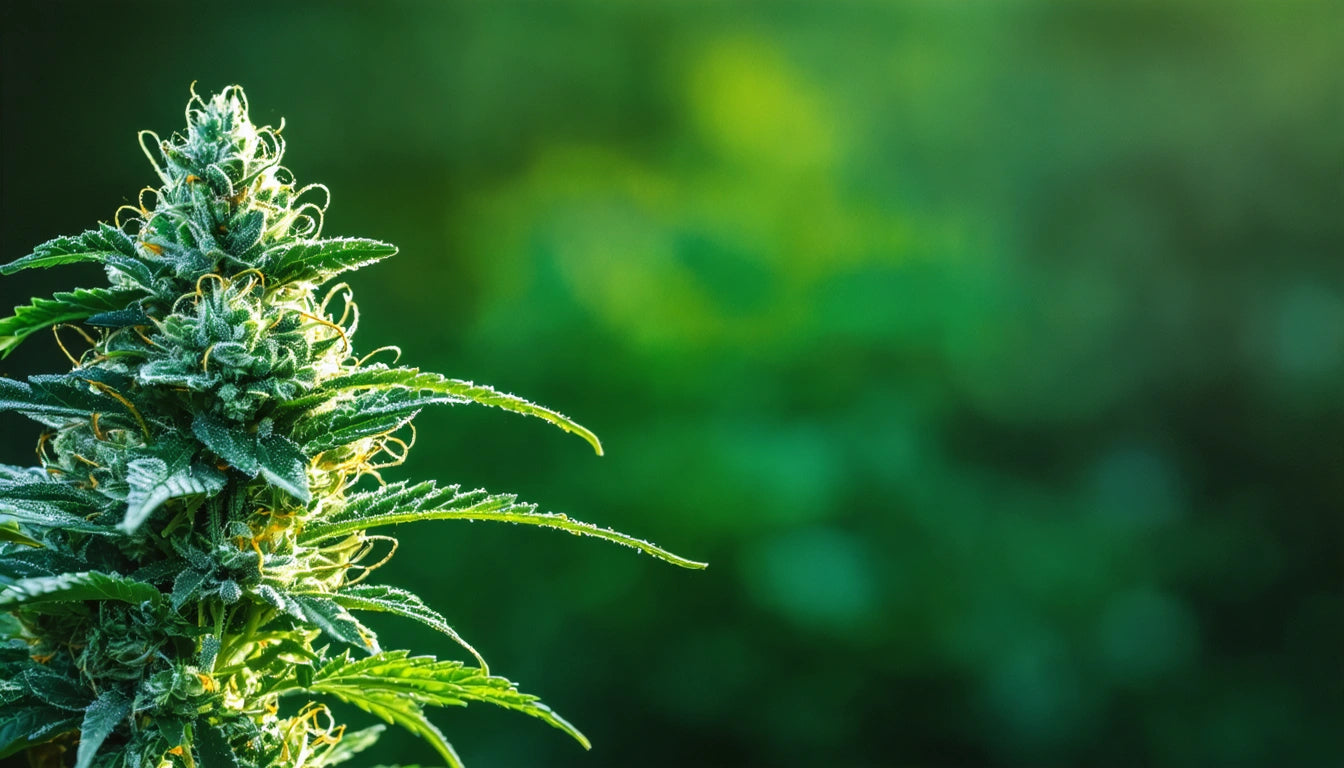Table of Contents
- The Holding In Smoke Myth: Science Behind the Practice
- How Cannabis Absorption Actually Works
- Cannabis and Athletic Performance: What Research Shows
- Cannabis Effects on Sexual Function and Performance
- Terpene Profiles and Their Impact on Cannabis Effects
- Evidence-Based Consumption: Maximizing Benefits While Minimizing Risks
Exploring the Effects of Weed: Myths and Realities About Getting Higher and Physical Performance
Cannabis consumption comes with numerous myths and misconceptions, particularly regarding techniques to enhance its effects and its impact on physical performance. From the common belief that holding in weed smoke makes you higher to concerns about how cannabis might affect athletic ability or sexual performance, separating fact from fiction is essential for responsible consumption.
The Holding In Smoke Myth: Science Behind the Practice
One of the most persistent cannabis myths is that holding in smoke longer intensifies the high. According to research on smoke retention, THC absorption in the lungs occurs almost immediately upon inhalation, with approximately 95% of THC being absorbed within the first few seconds.
When users hold smoke in their lungs for extended periods, the additional effects they may feel are often due to oxygen deprivation rather than increased THC absorption. This light-headed sensation can be mistaken for an enhanced high, but it's actually a result of depriving the brain of oxygen, which can potentially cause harm to brain cells.
How Cannabis Absorption Actually Works
Cannabis compounds enter the bloodstream primarily through the alveoli in the lungs when smoked or vaporized. These tiny air sacs provide an efficient transfer surface for THC to enter the bloodstream almost instantly. Studies on cannabis components show that:
- THC reaches the brain within seconds of inhalation
- Peak blood concentration occurs approximately 10 minutes after inhalation
- The bioavailability of THC when smoked ranges from 10-35%
- Holding smoke longer primarily increases exposure to harmful byproducts
For consumers looking to enhance their experience, premium pre-roll products with proper airflow can provide a more consistent and enjoyable experience than attempting to maximize absorption through potentially harmful practices.
Cannabis and Athletic Performance: What Research Shows
The question "does weed make you weaker" reflects common concerns about cannabis and physical performance. Current research presents a complex picture:
Potential Negative Effects
Cannabis consumption may temporarily impact certain aspects of physical performance through:
- Decreased hand-eye coordination
- Reduced reaction time
- Impaired decision-making during complex activities
- Potential cardiovascular effects including increased heart rate
Potential Benefits
Some athletes report benefits from cannabis use, particularly CBD-dominant products:
- Reduced inflammation and pain
- Improved recovery between training sessions
- Decreased performance anxiety
- Better sleep quality
Research on marijuana's effects suggests that timing, dosage, consumption method, and individual factors significantly influence outcomes. Many professional athletes use cannabis during recovery periods rather than immediately before competition.
Cannabis Effects on Sexual Function and Performance
The question "does weed affect boners" reflects legitimate concerns about cannabis and sexual health. Research indicates that cannabis has paradoxical effects on sexual function:
- Low to moderate doses may enhance subjective sexual experience and arousal for many users
- Heavy, chronic use may contribute to erectile dysfunction in some men through hormonal changes and cardiovascular effects
- Strain selection matters: some varieties may promote relaxation and sensory enhancement while others might increase anxiety or sedation
These effects vary significantly between individuals based on factors including consumption patterns, tolerance, and overall health status.
Terpene Profiles and Their Impact on Cannabis Effects
Beyond THC content, terpenes like myrcene play a crucial role in how cannabis affects users. The question "does myrcene get you higher" reflects growing awareness of the entourage effect in cannabis.
Myrcene, the most abundant terpene in many cannabis strains, may enhance the effects of THC by:
- Increasing blood-brain barrier permeability, potentially allowing more THC to reach brain receptors
- Contributing sedative and relaxing properties that complement THC effects
- Influencing the subjective experience through its own pharmacological properties
While myrcene doesn't directly increase THC potency, it may influence how THC affects the body, potentially creating a more pronounced sedative effect that some users interpret as feeling "higher." Comprehensive guides on cannabis effects explain how these interactions create the overall experience.
Evidence-Based Consumption: Maximizing Benefits While Minimizing Risks
Rather than focusing on myths like whether holding in weed smoke makes you higher, consumers can adopt evidence-based practices for a more beneficial experience:
- Take slow, measured inhalations and exhale normally without extended breath-holding
- Consider vaporization over combustion to reduce exposure to harmful byproducts
- Match consumption timing to intended activities (avoid before athletic competition or activities requiring quick reflexes)
- Start with lower THC concentrations and gradually find your optimal dosage
- Pay attention to terpene profiles when selecting products for specific effects
Understanding how cannabis actually works in the body allows for more intentional use that aligns with personal health goals rather than being guided by persistent myths. For those concerned about specific effects on physical performance or sexual function, moderation and timing remain the most important factors in minimizing potential negative outcomes while still enjoying the benefits cannabis can provide.











Leave a comment
All comments are moderated before being published.
This site is protected by hCaptcha and the hCaptcha Privacy Policy and Terms of Service apply.